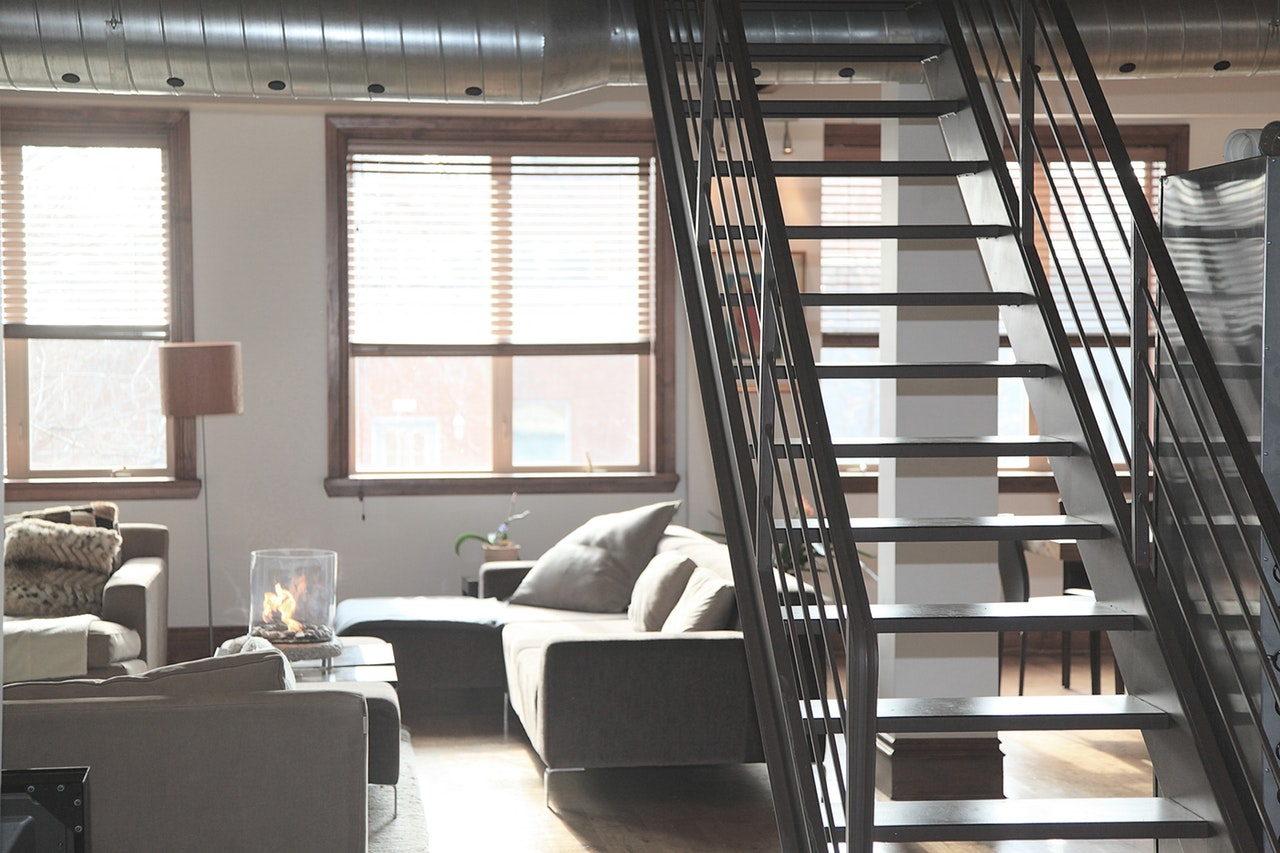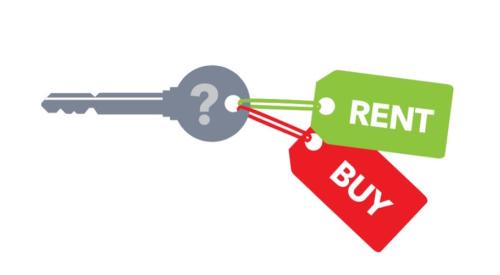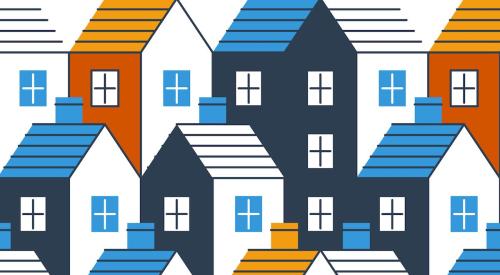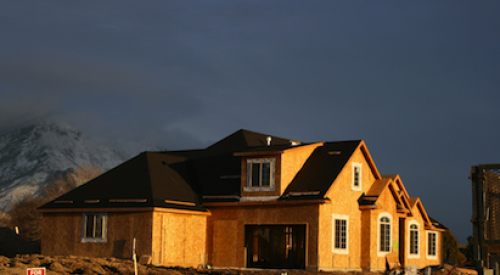Twelve years of growth has permanently changed the rental market's demographics -- older, wealthier, whiter, and with more children.
Median monthly rent jumped by 27 percent, to $1,480, between 2011 and 2016, due to rising building costs in popular metros. Income growth is not matching pace, with median renter income at $37,300. CityLab reports that if a household pays $1,480 a month, spending under 30 percent of their income on rent, a household needs to make at least $59,000. The Joint Center for Housing Studies of Harvard University's new report warns, “At the average rate of improvement from 2014 to 2016, it would take another 24 years for the number of cost-burdened renters to return to the 2001 level."
Tax reform will be especially important to the future of housing. One of the main instruments for building affordable housing for the most vulnerable families, the Low-Income Housing Tax Credit, could see its value diminished if the corporate tax rate is slashed. And while Congress has yet to pass a new budget under the Trump administration, every proposal so far has included draconian cuts to public assistance, including housing aid.













